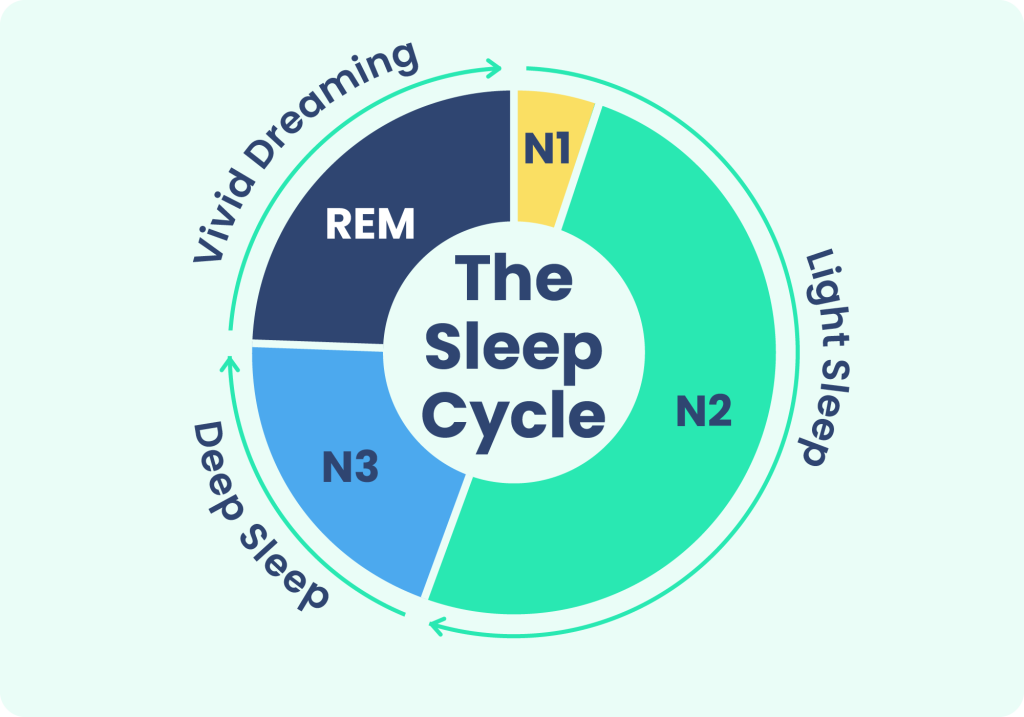Sleep and Dementia- How Your Brain Heals at Night
While nearly everyone understands the value of sleep, new research reveals just how critical quality sleep is for your brain. That’s because sleep does much more than just allow our physical bodies to rest. Sleep allow are brains to heal as well.
How our brains clear toxins
According to emerging research funded by the National institute of Neurological Disorders and Strokes, “Dr. Maiken Nedergaard and her colleagues at the University of Rochester Medical Center recently discovered a system that drains waste products from the brain.
Cerebrospinal fluid, a clear liquid surrounding the brain and spinal cord, moves through the brain along a series of channels that surround blood vessels. The system is managed by the brain’s glial cells, and so the researchers called it the glymphatic system.
The scientists also reported that the glymphatic system can help remove a toxic protein called beta-amyloid from brain tissue. Beta-amyloid is renowned for accumulating in the brains of patients with Alzheimer’s disease. Other research has shown that brain levels of beta-amyloid decrease during sleep. In their new study, the team tested the idea that sleep might affect beta-amyloid clearance by regulating the glymphatic system.”
Deep sleep & dementia
Deep sleep, also known as slow-wave sleep, is crucial for memory consolidation and cognitive function. During deep sleep, the brain clears out toxins, including beta-amyloid, as mentioned above.
Studies have shown that individuals with sleep disorders or those who experience disruptions in their sleep patterns may have higher levels of beta-amyloid in their brains. Over time, this accumulation of beta-amyloid can contribute to the development of dementia.
Stages of sleep
When discussing the phases of sleep we refer to four main stages. I really like this graphic below from the non-profit Sleep Foundation for its clarity. The first two stages include sleep onset and light sleep, while late and early morning hours of sleep include deep and REM (rapid eye movement) sleep.

On average, adults spend about 1-1.5 hours in deep sleep. Deep sleep is the most restorative sleep stage and includes naps. REM sleep is associated with dreaming, memory consolidation (converting short-term to long-term memory). On average adults at least 1.5 hours and up in REM sleep.
What purpose does each stage of sleep serve?
NREM (Non-REM) sleep accounts for 75 to 80% of the sleep cycle, and is characterized by slowed brain waves, heart rate, and muscle activity. [3]
The first stage of sleep, stage 1 (N1), lasts only one to seven minutes, beginning when you first relax to the point of drifting off to sleep. By stage 2(N2), your body adapts by slowing down your breathing and heart rate, and your body temperature drops. In stage 3(N3), your body, breathing, and mind are the most still, and you get the deepest sleep. N3 is also consider deep sleep. These first three stages of NREM sleep take approximately 90 minutes to complete.
Stage 4 is the REM sleep stage, where your body is still while your mind is active. The REM stage is the dream stage and one that occurs before the cycle starts over. It can last anywhere from 10 minutes up to an hour before transitioning back to stage 1.
Sleep disturbances and their causes
Some factors that are associated with interrupted sleep and, therefore, may affect your sleep stages include:
- Older age: Sleep naturally becomes lighter, and you are more easily awoken.
- Nocturia: Frequently waking up with the need to urinate
- Sleep disorders, including obstructive sleep apnea (breathing that stops and starts during sleep) and restless leg syndrome (an intense sensation of needing to move the legs)
- Pain: Difficulty falling or staying asleep due to acute or chronic pain conditions, like fibromyalgia
- Mood disorders such as depression or anxiety
- Other health conditions including Alzheimer’s disease, Parkinson’s disease, and obesity
- Lifestyle habits: Little/no exercise, cigarette smoking, excessive caffeine intake, excessive alcohol use
How much sleep do you really need?
According to the National Council on Aging in their article How Sleep Cycles Affect Your Mind and Body, Adults between the ages of 18 to 64 need approximately 7 to 9 hours of sleep, while adults age 64 and older need about 7 to 8 hours per night. [1] Lack of adequate sleep affects mood, thinking, and ability to learn and function.” Sleep is vital at any age however our need for sleep declines as we get older.
Tech tools to track your sleep habits
There are many wearable fitness trackers on the market, and most of these boast impressive sleep tracking features, but which ones are worth it? In this 2024 article Forbes lines up the best tools to improve your sleep habits, from smartwatches and rings, to a full under the bed biometric tracking pad.
Forbes also provides us with a comprehensive article on the best sleep apps you can utilize alongside or in replacement to a sleep tracker. These apps vary from guided meditation based interfaces designed to help you sleep better and deeper, to sleep analysis apps that monitor your breathing patterns and can alert you if you’re snoring deeply.
For further perusal on how to improve your health by boosting your sleep routine check out this previous article, 4 Ways to a Better Night’s Sleep.
Works Cited
https://www.ncbi.nlm.nih.gov/books/NBK526132/
https://www.nhlbi.nih.gov/health/sleep/stages-of-sleep
https://www.ncoa.org/adviser/sleep/sleep-cycles/
https://www.nih.gov/news-events/nih-research-matters/how-sleep-clears-brain







